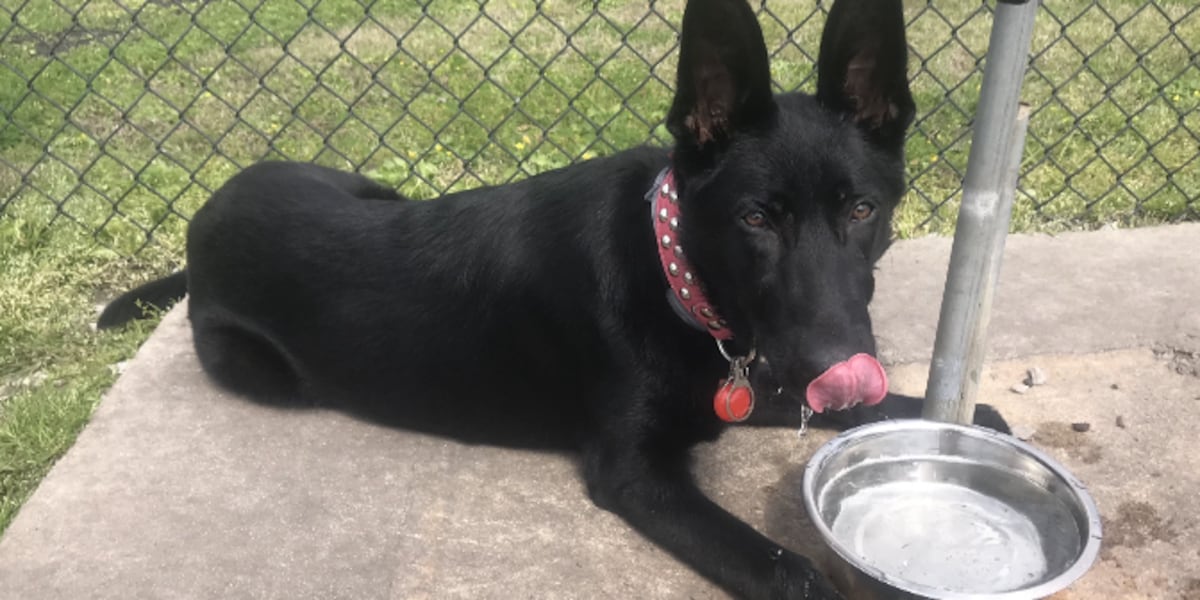MISHAWAKA, Ind. (WNDU) – The Humane Society of St. Joseph County is urging pet owners to be cautious after responding to a heartbreaking emergency this week.
The humane society says the emergency involved two cats suffering from severe antifreeze poisoning.
Despite being rushed to emergency veterinary care, both cats sadly died from the poisoning due to the advanced state of their condition.
According to the humane society, antifreeze poisoning — which is caused by ingesting ethylene glycol — is a silent but deadly danger to pets. The sweet-tasting substance is highly toxic, and even a small amount can lead to fatal kidney failure in cats and dogs if not treated immediately.
That’s why the humane society wants to make you aware of the signs of antifreeze poisoning and give you tips on how you can help prevent it from happening in your home or community.
Signs of antifreeze poisoning
Symptoms of antifreeze poisoning can appear within 30 minutes of ingestion and worsen rapidly. You should look for the following signs:
- Vomiting
- Lethargy or weakness
- Unsteady or uncoordinated movements
- Seizures
- Increased thirst and urination
If you notice these symptoms, you should seek veterinary assistance immediately.
Protecting you pets and your community
- Secure Antifreeze: Store antifreeze in tightly sealed containers in areas that are inaccessible to pets.
- Check for Leaks: Regularly inspect your vehicles and other equipment for antifreeze leaks. Even small puddles can be deadly.
- Use Pet-Safe Alternatives: Consider using propylene glycol-based antifreeze, which is less toxic but still requires caution.
- Report Concerns: If you suspect a pet has been exposed to antifreeze, seek immediate veterinary care. Quick action can save lives.
Copyright 2024 WNDU. All rights reserved.









